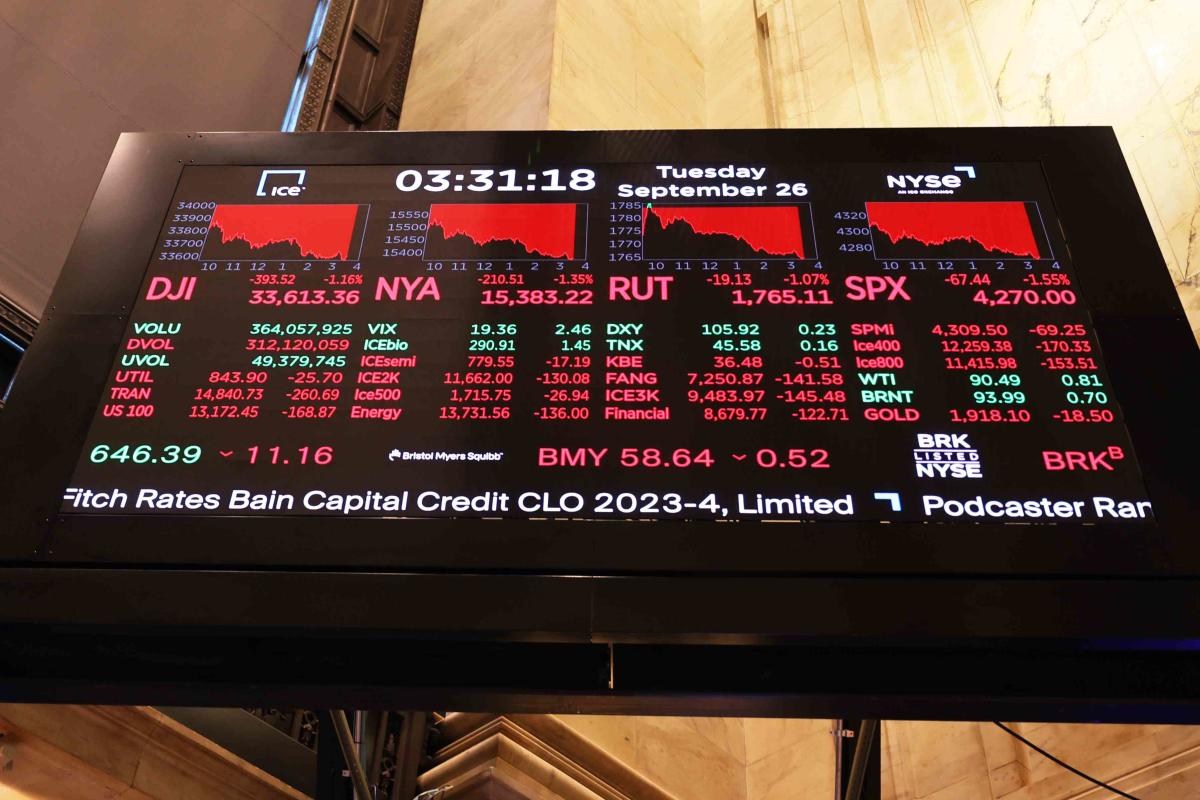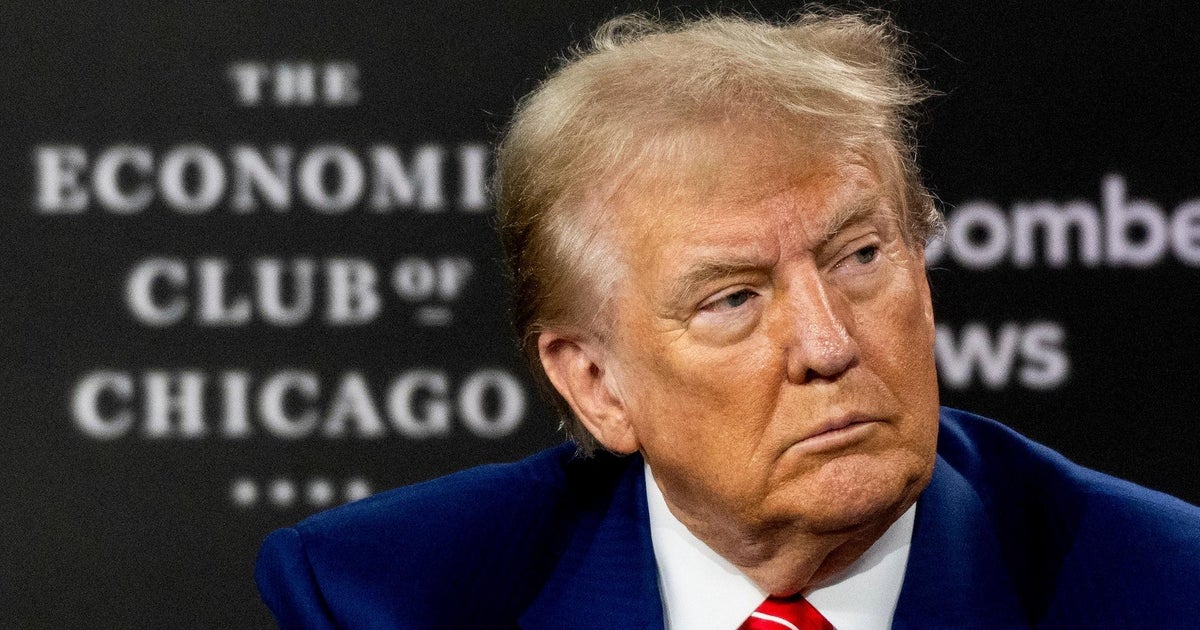Michael M. Santiago/Getty Images
Key Points
-
September is the only calendar month with an average negative return over the past 98 years.
-
Over the past century, however, the S&P 500 has been positive more often than negative in September.
-
Stocks typically perform better in the September period leading up to a presidential election.
Markets were tense on Tuesday, with stocks plunging, kicking off what has historically been Wall Street’s worst month.
The September Effect refers to the historical underperformance of the stock market during the month. According to Ryan Detrick, Chief Market Strategist at consulting firm Carson Group, September is the worst-performing month for the market in the past 10 years, 20 years, and since 1950. According to Fisher Investments, it is also the only month with an average negative return since 1925 (-0.78%).
What are the reasons behind the September effect?
There are several theories to explain this historical pattern. One theory suggests that traders returning to work after the summer holidays rebalance their portfolios in September, increasing the volume of sales and depressing stock prices.
Another theory suggests that bond issuance increases in September as summer vacations wind down; those bond sales attract cash that would otherwise support stock prices. Yet another theory blames mutual funds, whose fiscal years typically end on Oct. 31. Funds, the theory suggests, close out losing positions in the final months of their fiscal years for tax purposes.
None of these explanations are foolproof. While trading activity tends to decline during peak holiday months, algorithmic trading and the mobility of work in the smartphone era have somewhat blunted the impact of summer vacations on stocks. And research has shown that mutual funds tend to anticipate the price pressures of seasonal sales and adjust accordingly.
A few bad Septembers ruin the month
September’s bad reputation seems to stem more from a few unlucky years than from any specific cause. In September 1931, the height of the Great Depression, the S&P 500 lost 29.6%, its worst month ever. Another bad September came in 2008, when the index lost nearly 9% when Lehman Brothers collapsed.
Given the anomalous nature of September returns, there’s plenty of reason to stay in the market. Over the past century, stocks have risen slightly more often than fallen in September (51% vs. 49%), meaning that sitting out the month is hardly a guarantee of success.
According to Fisher Investments, the median September return, which neutralizes positive and negative outliers, has been exactly 0% over the past 98 years.
The September Effect in Election Years
This year, investors worried about September may be even more anxious because of the elephant (and donkey) in the room: the upcoming presidential election. Uncertainty about the outcome could hang over stocks for the next two months.
Historically, however, presidential elections have not made September worse for stocks. Stocks have risen in nearly a third (62.5%) of the Septembers preceding a presidential election (15 of the 24 elections since 1925). That’s significantly better than the overall average and just one percentage point below the average for the entire month. The median September return in presidential election years is 0.3%.
That said, markets react daily to views on the health of the economy and investor expectations, not historical patterns. Investor evaluations of this particular election cycle and the perceived impact of each candidate’s economic proposals could affect stock performance this month.
Beyond the election, there are other uncertainties. The health of the labor market, inflation and the next steps of the Federal Reserve are more likely to drive action in stocks this month than the idea of a September Effect.
Read the original article on Investopedia.





